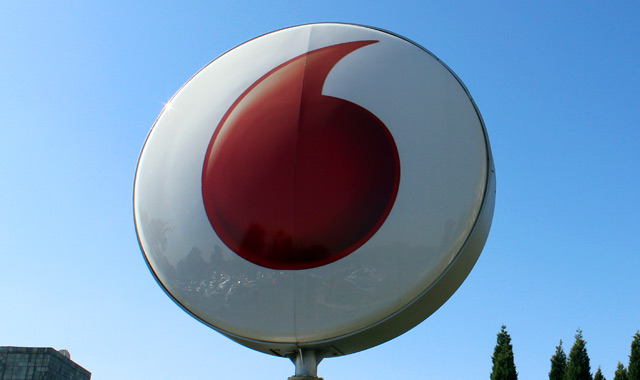
The constitutional court has ordered telecommunications giant Vodacom to enter into negotiations to compensate Nkosana Makate, who claims to have invented the “please call me” service.
In a judgment delivered by justice Chris Jafta on Tuesday, the court also found that if compensation negotiations fail, the matter must be sent to Vodacom’s CEO — Shameel Joosub — to determine “reasonable compensation”.
Read the full judgment here (PDF)
“The stance taken by Vodacom [to not compensate Makate] is unfortunate. It was unethical for Vodacom to refuse compensation… This leaves a sour taste in the mouth. It is not the kind of conduct to be expected from an ethical corporate entity,” said Jafta.
After the judgment, Makate said: “It [the judgment] is more like a relief for me. I have been on this journey for 16 years and nine years in trial. So for me, it’s just a relief and I am glad that it’s over.”
Vodacom said it was studying the judgment.
The constitutional court overturned the high court’s decision to dismiss Makate’s case in 2014. The high court case, presided by judge Phillip Coppin, concluded that Makate had successfully proved the remuneration agreement between him and Vodacom’s director on the board and head of product development at the time, Philip Geissler.
However, Coppin dismissed Makate’s claim on the basis that he did not prove that Geissler did have “ostensible authority” to bind Vodacom for compensation. The supreme court of appeal rejected Makate’s application for leave to appeal on the basis that his prospects for success were limited.
The constitutional court found that it was neither necessary nor justified to interfere with the factual findings made by the high court and appeals court.
The court ordered that compensation must be made within 30 days and the cost of litigation must be carried by Vodacom.
“The service had become so popular and profitable that revenue in huge sums of money was generated, for Vodacom to smile all the way to the bank. Yet it did not compensate the applicant even with a penny for his idea,” said Jafta.
Makate believes that since the inception of “please call me in 2000 it has generated R70bn for Vodacom and he wants a 15% cut of the revenue.
Jafta said both sides must enter into negotiations for compensation “with serious intent to reach consensus.”
In 2000, Makate was a trainee accountant for Vodacom when he claims to have invented “please call me”, the free service which enables a user without airtime to send a text to be called back.
When the idea hit, Makate spoke to Geissler, believing that he was the obvious person to speak to when it comes to product innovation in the company. In an agreement, Geissler agreed to pay Makate a share of the revenue Vodacom would generate from the innovation if it was technically and financially viable. In a company newsletter, Makate was credited for “please call me”.
Jafta ordered that Vodacom is bound by the agreement concluded by Makate and Geissler for compensation on the “please call me” idea.
The constitutional court was Makate’s last-ditch attempt for Vodacom to compensate him for “please call me”.
Vodacom argued that Makate’s leave to appeal at the constitutional court should be dismissed mainly on two grounds — misinterpretation of ostensible authority and prescription. On the latter, Vodacom argued that Makate’s claim against the company had expired (a term known in legal circles as prescription), as he did not file the claim within three years of Vodacom going to market with “please call me”. Makate pursued his initial court bid in 2008.
Vodacom further argued that it was against company policy and practice to offer employees additional remuneration and enter into revenue shares.
- This article was originally published on Moneyweb and is used here with permission




